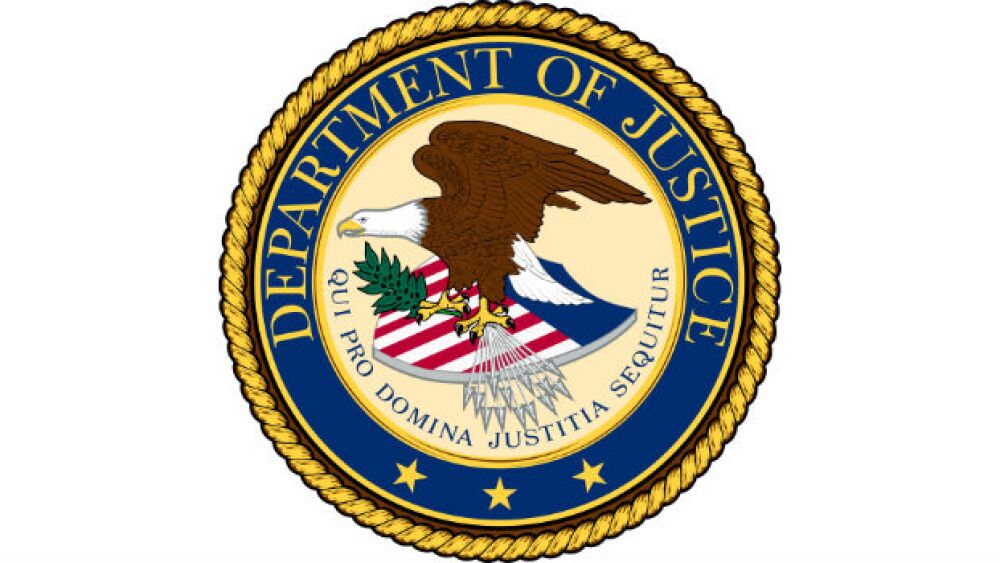With no end to the national opioid crisis in sight, the U.S. Department of Justice announced a plan to form a task force that will target opioid manufacturers and distributors.
With no end to the national opioid crisis in sight, the U.S. Department of Justice announced a plan Tuesday to form a task force that will target opioid manufacturers and distributors for the roles they have allegedly played in the increase of addiction across the country.
The DOJ announced it will file a statement of interest in the numerous lawsuits brought against drug companies by state and local governments, as well as medical institutions seeking financial reimbursement for the cost of treating addiction, the Washington Post reported. In his announcement this week U.S. Attorney General Jeff Sessions said the federal government has also borne a “substantial cost” in battling opioid addiction and would seek financial retribution. The DOJ move could mean criminal charges could be filed against opioid manufacturers, the Post reported.
“We will use criminal penalties. We will use civil penalties. We will use whatever laws and tools we have to hold people accountable if they break our laws,” Sessions said during the announcement, according to the Post.
The DOJ task force, the “Prescription Interdiction & Litigation Task Force,” will not only use legal means to ensure manufacturers and distributors are in compliance when it comes to marketing opioids, but will also use legal tools to “crack down on pain management clinics, drug-testing facilities and physicians who write bogus opioid prescriptions,” the Post reported.
Over the past several months, numerous government bodies, such as the city of Chicago and Cook County, have filed lawsuits against pharma companies for marketing practices for opioid prescriptions. In its report, the Post noted that states, counties and local governments have absorbed additional financial burdens in battling opioid addiction, which is causing a strain on local health and emergency services. In 2106 there were about 64,000 drug-related deaths in the United States with about two-thirds of those related to opioids, according to statistics provided by the U.S. Centers for Disease Control and Prevention. According to the U.S. Department of Health and Human Services, 78 Americans die daily from opioid overdoses.
In February Purdue Pharmaceuticals L.P., a company that markets the highly-abused OxyContin, announced it was cutting its sales force in half as the company changes its marketing strategy for its chronic pain pill that for many has become the poster child of opioid abuse. In a statement on its website, Purdue said there are too many opioid prescriptions now in the medicine cabinets of people across the United States. The company said it supports initiatives to limit the length of first opioid prescriptions.
In a first, last year the U.S. Food and Drug Administration asked Endo Pharmaceuticals to remove its opioid pain medication, reformulated Opana ER, from the market. The FDA’s request is the first time the agency has taken steps to remove a current opioid product due to concerns over abuse. Opana ER had been reformulated to prevent abuse, but the FDA said the data did not show the new formula could be expected to “meaningfully reduce abuse” of those who wanted to snort or inject the drug.
Last week the FDA announced an initiative to broaden access to medications that treat opioid addiction. So far the regulatory agency has approved three drugs for that task, buprenorphine, methadone and naltrexone. Even companies that market these medications aren’t free from scrutiny over marketing practices. Alkermes, the maker of Vivitrol (naltrexone) was under fire from U.S. Sen. Kamala Harris late last year over allegations it inflated its sales numbers to boost sales to the U.S. Department of Corrections. The drug is administered to inmates battling addiction. Alkermes has defended its practices.





